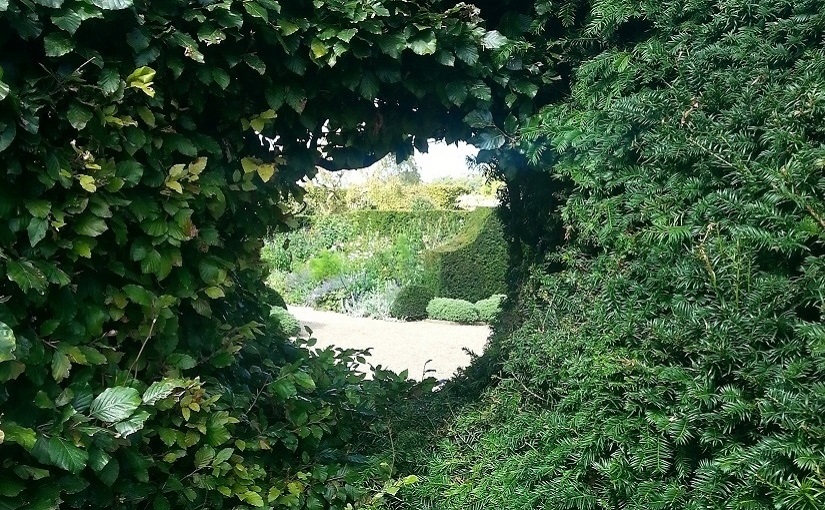Writing about nature, I may at times wax a little lyrical or seek comparisons that might appear vast, remote or impractical (see Notes One); but our relationship with and place within the natural world can be this tantalising picture in which it’s hard not to seek meaning. With all nature offers, might it be that it has important lessons to teach us in how to live?
At the end of day, we all live within our environment. It’s true of us, of animals, of nature as a whole: there’s this complex interrelationship of forms, how they live and meet their needs, and the overall usefulness of their actions and by-products in serving the greater whole. And within all that, humanity seems to really stand out as both highly intelligent yet also possibly fairly stupid (Note Two).
That’s clearly harsh, but it does seem justifiable in many ways. I mean, no other part of the natural world seems to operate as we do (at least not anything we would likely consider healthy). Why is that? Why do we see the benefits and examples offered by nature, yet draw some quite different conclusions around how best to live?
It’s a genuine question. Because it seems pretty crazy on many levels: to take so much; to give back mainly waste products, which are not only useless but often permanent and highly damaging. The only reasoning that really seems to be offered here is “because we can” or “everyone else is doing it”, and those hardly seem that mature or compelling.
We might try to convince people to care a little more by pointing out the beauty, the wonder, the fragility, the life forces, or the senselessness of simply destroying these things; but ultimately all those arguments tend to be dismissed as sentimental or uneconomic, else drowned in the almost overwhelming inertia of modern ways.
It seems undeniable that we rely in many ways on the world around us, and – beyond the realm of essential needs – that it also offers much in terms of respite, breath-taking beauty, and varied forms of enjoyment. That we might choose to not only act irresponsibly but maybe even carelessly in the face of that is hard to understand.
Maybe we’re somehow planning to replicate all we now have? Somehow, either here or elsewhere, re-engineer these complexities and recreate the freely sustaining qualities we have in the natural world. Why we would wilfully destroy something in order to need to save the day ourselves is honestly a little beyond me, but it’s one way of grasping what’s going on.
As ever, this veered into slightly deeper and darker territory than I’d anticipated at the start; but is it wise to avoid looking at things that seem to be headed in that direction? What is the right response, the right way of understanding these situations? I might be wrong. But surely if we are to respond wisely then we need to understand, and to understand we need to see clearly.
Notes and References:
Note 1: Living the dream
Note 1: Culture and the passing of time
Note 1: Nature tells a story, about society
Note 1: Nature tells a story, about the planet
Note 1: Gardening as therapy, the light and the dark
Note 1: At what cost, for humans & for nature
Note 1: Aesthetic value of nature
Note 2: Selective intelligence in what we do
Beyond this, “Ecological Intelligence” takes the path of exploring environment as a metaphor for our personal & collective journeys.

